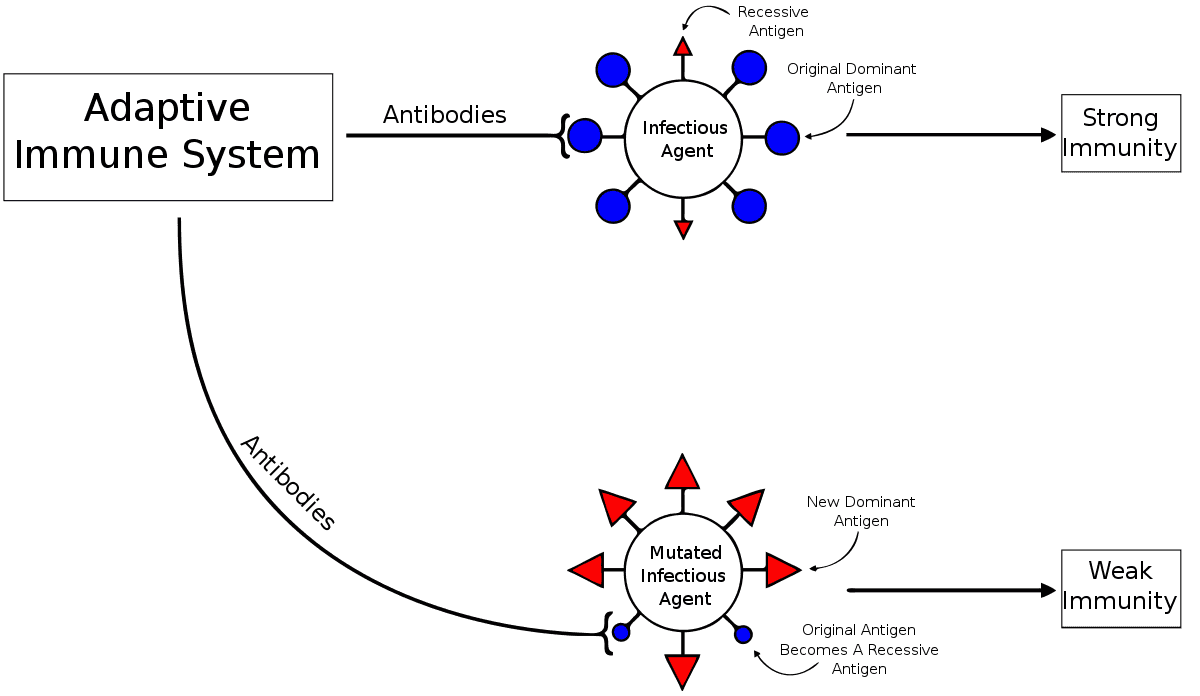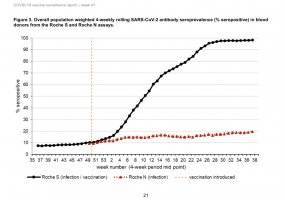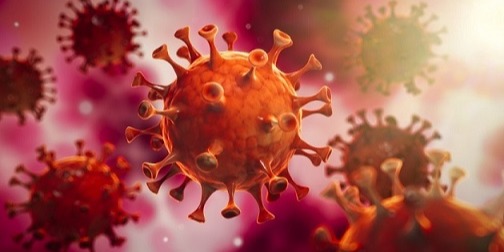It appears people who get vaccinated never develop nucleocapsid antibodies to SARS-CoV-2. The fact that (S) spike protein antibodies do not prevent infection, death or hospitalization and they appear to prevent the development of (N) nucleocapsid antibodies means this disease may never go away for those who are vaccinated.

 en.wikipedia.org
en.wikipedia.org
There may also be clues in this report as to vaccine shedding induced spike (S) protein antibodies.

Original antigenic sin - Wikipedia
Original antigenic sin, also known as antigenic imprinting or the Hoskins effect,[1] refers to the propensity of the body's immune system to preferentially utilize immunological memory based on a previous infection when a second slightly different version of that foreign pathogen (e.g. a virus or bacterium) is encountered. This leaves the immune system "trapped" by the first response it has made to each antigen, and unable to mount potentially more effective responses during subsequent infections. Antibodies or T-cells induced during infections with the first variant of the pathogen are subject to a form of original antigenic sin, termed repertoire freeze.
There may also be clues in this report as to vaccine shedding induced spike (S) protein antibodies.




